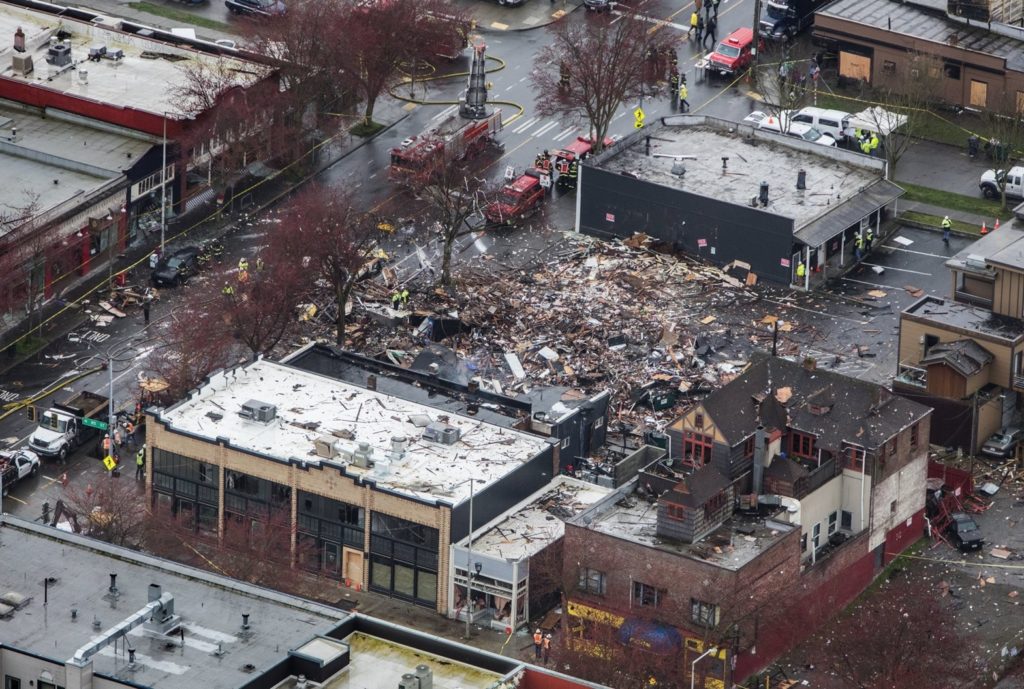A hazard in our communities
. . . in our homes
We have long been told gas is a clean-burning fuel, but in fact it is a source of indoor and outdoor air pollution that poses health risks, such as asthma and other illnesses. Gas stoves increase the amount of toxic nitrogen dioxide in the air inside a home — in some homes to levels far higher than allowed in outdoor air.
One study found that exposure to gas appliances also may be related to impaired cognitive function and a higher risk of attention-deficit/hyperactivity disorder. (See this literature review, 2020.) A recent analysis of racial health disparities found that Blacks, Latinx and Asian-Americans are exposed to more emissions of small particulates — the largest environmental cause of mortality — largely due to home gas use and commercial cooking.


. . . and outdoors
Gas furnaces, stoves and hot water heaters also pollute the outdoors. In Washington state, homes and buildings are the fastest-growing source of carbon pollution, up 50 percent since 1990, causing more pollution than the industrial sector, according to the state government.
Then there’s the reality that gas is explosive, not a desirable characteristic in earthquake country. Three businesses were completely destroyed and nine firefighters injured in a 2016 gas explosion that occurred in Seattle’s Greenwood neighborhood after businesses had closed for the night.
